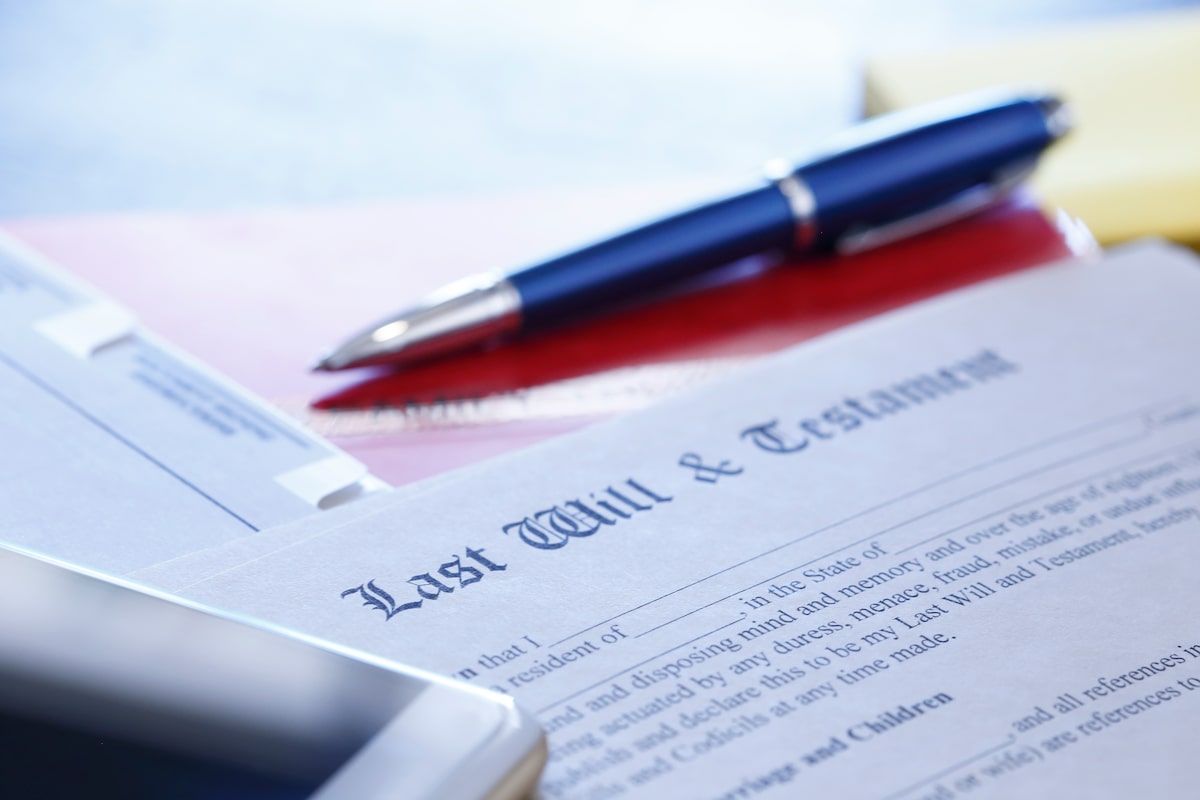Creating estate plans is an investment to make sure you leave a positive legacy – not a mess – for your kids.DNY59/iStockPhoto / Getty Images
Most parents would shudder at the thought of gifting their teenager a large chunk of money or a home. But that’s what could happen if a parent passes away without a will.
Half of their assets would go to their spouse, the other half would be held by the courts until their child become an adult at age 18 or 19, depending on the province. At that point, the teenager would get a lump sum inheritance.
Now, most parents who intend to gift their children money or real estate want the ability to deliver it at an age where they can manage it responsibly. But a poll conducted in October, 2025, by Willful found that 43 per cent of Canadian parents don’t have a will, which means what would happen with their heard-earned money – and when – would be out of their control.
Getting a will as a parent should be a no-brainer, since it ensures your assets flow to your kids how and when you want. It also ensures an irresponsible relative doesn’t end up as the guardian for your kids, if anything happens to you.
Parents often cite cost as a major barrier to getting it done, and parental leave, child care and high mortgage payments often make these years financially difficult. But in 2025, parents have options to create estate plans and they can suit any budget.
Erin Bury: When it comes to my children’s financial futures, I’m turning to a secret weapon: time
Let’s start with free. When making a will, you can handwrite one in most provinces, though experts say there are risks such as omitting key choices, using ambiguous language or not following legislative requirements.
If you go this route, make sure to cover the three important roles in a will: appointing an executor to manage your estate, beneficiaries to receive your assets, and a guardian for minor children and/or pets. Lastly, make sure you follow provincial requirements – handwritten and signed by you.
Many provincial governments also provide free downloadable power of attorney forms – these documents appoint someone to make health care and financial decisions if you’re incapacitated, and they’re often completed at the same time as a will.
There are also lower-cost paper will kits and online will platforms in Canada such as LegalWills, Epilogue Wills and Willful, which I co-founded and run. Prices range from about $30 to $150 for a will, with additional fees for power of attorney documents.
Online platforms can be a good fit for parents whose situations are straightforward. Think of them like tax software, guiding you through creating these legal documents step-by-step, but without working directly with a professional.
If, for example, you’re in a blended family with specific needs, you have a child with a disability or you want legal advice about your family situation, a professional may be a better fit to create your will. You can visit a notary to create your will in B.C. or Quebec, or visit an estate lawyer in all provinces.
The cost of working with a professional varies widely – according to Canadian Lawyer’s annual legal fee report in 2024, a simple will for an individual averages $600, and a complex will averages $1,200. For a package including a will and power of attorney documents, the cost averages $948.
You should also consider the cost of updating these plans as your life changes (for example adding a child to your will). If you use an online platform, some offer free changes to documents; if you work with a professional, typically they will charge an hourly rate.
Erin Bury: If time is money, remote work makes parents rich
As parents, estate planning doesn’t just stop at the legal documents though. It should also include recording key information related to your children – for example, contact details for doctors or care guidelines – and providing any other relevant information that would support an executor in wrapping up your life or a guardian in taking over care of your children.
There are lots of free or inexpensive tools that can help. For example, I have a Google Drive folder that contains messages to loved ones, final social media posts and instructions for my executor. I also pay about $60 a year for a family account on 1Password, which allows me to store my passwords and share them with key family members.
As someone who runs an estate planning business, I am biased. I’ve seen how families can suffer after a parent dies without documenting or sharing their wishes.
Ultimately, creating estate plans is an investment to make sure you leave a positive legacy – not a mess – for your kids.
Erin Bury is the co-founder and CEO of online estate planning platform Willful.co. She lives in rural Ontario with her husband and two young children.
